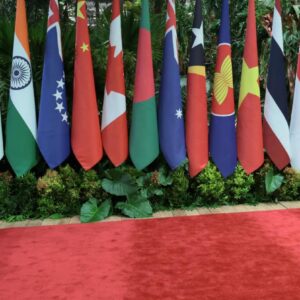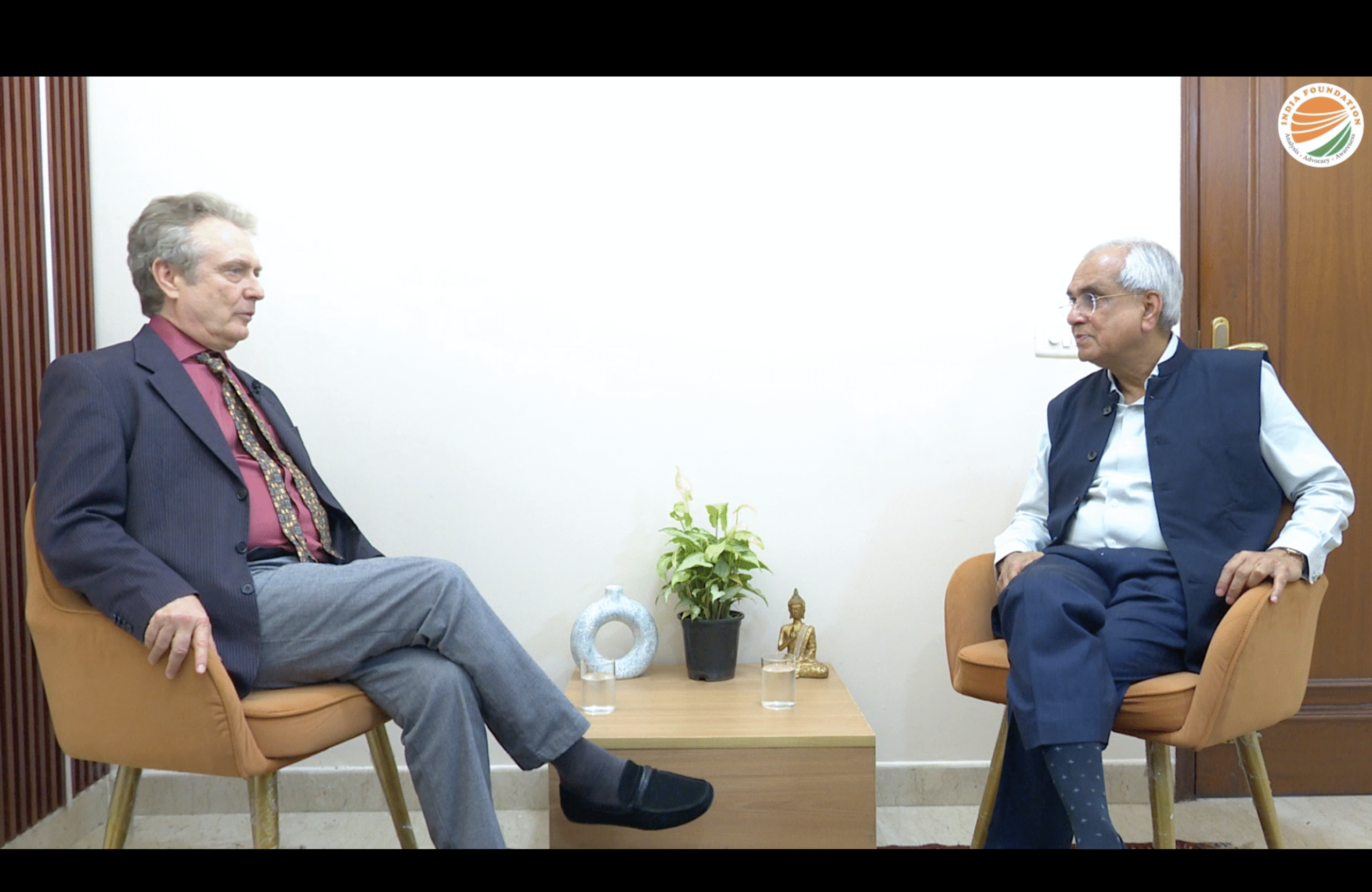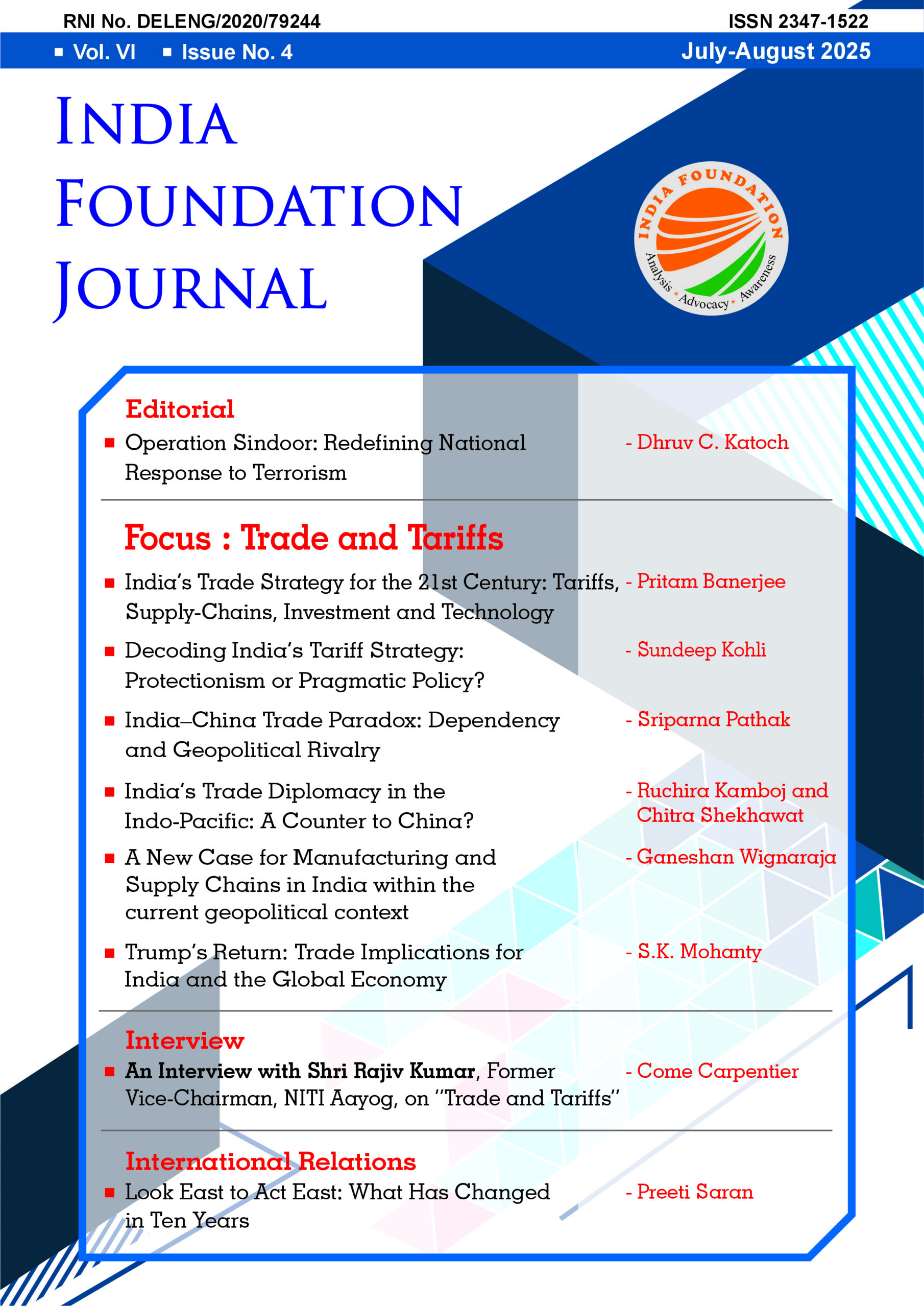Pakistan’s Policy Tripod
Publisher: Viking Penguins
Second Edition (2016), Pages: 462, Price: Rs 699
Book Review by: K Raka Sudhakar Rao
Pakistan has always been a mystery wrapped inside an enigma even for those who vouch for it. It’s a country that calls itself Pak (pure), but practices taqiya (dissimulation and deceit) to perfection. Despite being a geo-political construct of the imperialist British, it is the first Islamic republic to have been formed in the world, much before Iran called itself one. Let alone India, even its best of friends have problems knowing if it’s a friend or foe. It fights war against terror and breeds terror at the same time. With Islam as its bedrock and being the fulcrum for radical terrorist and disruptive elements, Pakistan is the most enigmatic country, perhaps after North Korea.
As a former Pakistani diplomat, as a visiting scholar at the Carnegie Endowment and as a political commentator, Hussain Haqqani has both an insider and a ringside perspective of Pakistan and its seven-decade long journey as a country that is desperately in the quest of the core of its absentee nationhood. His work ‘Pakistan: Between Mosque and Military’ is seminal both in its honest exploration of policy tripod on which Pakistan stands and the description of edgy civilian establishment’s predicament of sleeping with its Islamic enemy.
Pakistan’s policy triad comprises religious nationalism, anti-India sentiment and dependence on the West. The tragedy is that the more Pakistan tries to be anti-India, its umbilical link with India hits back with equal vengeance. Its alliance with West too is uneasy as anti-West sentiment is ever on the rise in Pakistan despite its abject dependence on the US. Worse still, its concept of religious nationalism suffered its biggest defeat when Bangladesh parted company. Even now, the Centre is unable to hold Sindh and Balooch provinces and there is simmering discontent against Sunni colonization and shameless exploitation of essentially Shia Gilgit and Baltistan.
Haqqani argues that the policy of islamisation is not aberration, but is an extension of a consistent national ideology. He posits that the “political commitment to an ideological state gradually evolved into a strategic commitment to Jihadi ideology.”
In fact, a top functionary had even queried thus: “An Arab without Islam is still an Arab, an Egyptian sans Islam is still an Egyptian. What is a Pakistani without Islam, a second rate Hindu?” This dilemma has forced the Pakistani ruling elite to even tweak Jinnah’s historic speech of national reconciliation in Pak Parliament as it goes against the grain of Pakistan’s raison d’etre. This strategic commitment led to the origin of the expedient relationship between the mullah and the military. As a result, Pakistani army guards the ‘ideological frontiers’ of the country. Ever since Sher Ali Khan put forth his formula for military dominance, Pakistan slid into an ideological abyss extricating out from which is extremely difficult if not entirely impossible. The author forcefully argues that Pakistan’s animosity to neighbor India only benefited the Pak Army. Even in its first ever budget, a fledgling Pakistan allocated 70 per cent of its budget to defence.
Jihadi Militarism, as many wrongly believe, is not a Zia-ul-Haq era aberration. It has been ingrained in Pakistani mindset almost since its inception. Even in 1965, Field Marshal Ayub Khan, an avowedly anglophile, modernist and a staunch ally of the US, declared “the 100 million people of Pakistan whose hearts beat with the sound of La Ilaha Illallah Mumammad ur Rasool Ullah will not rest till India’s guns are silenced. Even Zulfikar Ali Bhutto, despite his liberal outlook, was an inveterate believer of religious nationalism.
Haqqani documents how ‘Jihadism and extremist Islam in Pakistan are a state-building project gone wrong.’ He argues that a country that inherited one third of the British Indian Army but only 17 per cent of its revenue resources can ill afford perpetual animosity with a big and resurgent neighbor. This fostered an anomalous dependence on foreign benefactors, whose help comes with strings attached. This skews priorities and hits development goals.
Consequently, Pakistan, which has the 11th most powerful army, ranks a paltry 146 out of 187 countries on the Human Development Index. The other indices too are no less depressing. Its primary education is 136 out of 144 countries. Its higher education ranking is 98 and in terms of Global Connectedness Index it is 114 out of 140.
Haqqani forcefully argues that “only by moving out of the shadow of a permanent state of war will Pakistan be able to achieve its true potential as a modern state.’ This conciliatory and farsighted approach makes Haqqani’s work significant. He frankly admits that Pakistan suffers from two major distortions – firstly an exaggerated view of its own power and secondly of being a rentier state- have ‘negatively influenced the internal dynamic of Pakistan’ and that they have ‘bolstered the military’s praetorian ambitions.’
He firmly believes that “Unless Islamabad’s objectives are redefined to focus on economic prosperity and popular participation in governance, the state will continue to turn to Islam as a national unifier. (Page 379). He calls upon the ruling elite of Pakistan to take a long-term view and strive to transform itself into a functional rather than ideological state so that the country can focus on development and delivery of basic amenities. One cannot but feel that Pakistan should come out of the delusional state of being a military or strategic equal or counterpoise to India in South Asian geopolitics.
Haqqani’s sage advice may not exactly be music to Pakistan’s Deep State ensconced in Rawalpindi, but there is a flicker of hope. Voices are growing within Pakistan to call for a relook into its premise of being an ideological state. Pakistan urgently needs to address its flirting with debilitatingly dangerous sectarianism and end the practice of allowing its land to be used by non-state actors it fathers, fosters and uses to bleed its neighbor by proverbial thousand cuts. The book is important for those who want to understand Pakistan, its false raison d’tre and actual role in the comity of nations.
(Reviewer is a journalist-activist based out of Hyderabad. He can be reached at krakasudhakarrao@gmail.com )



